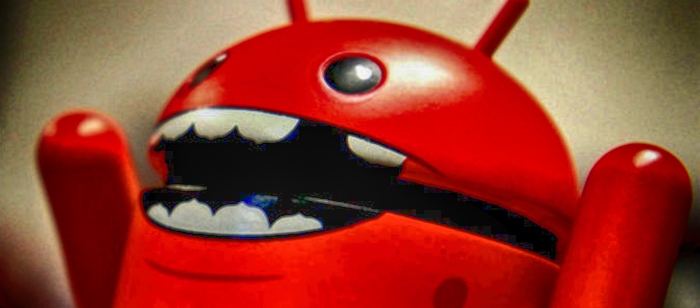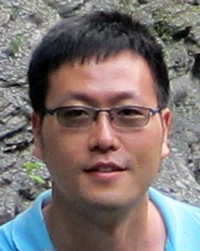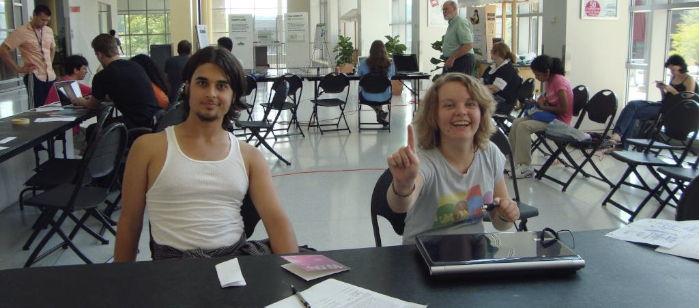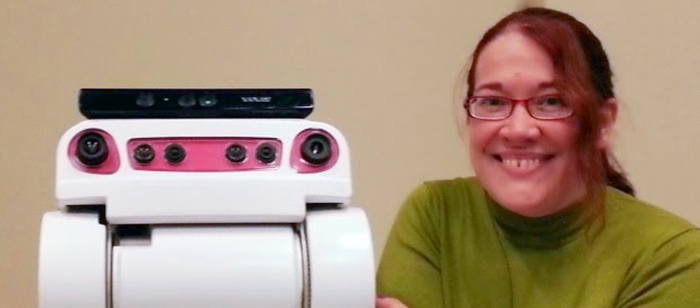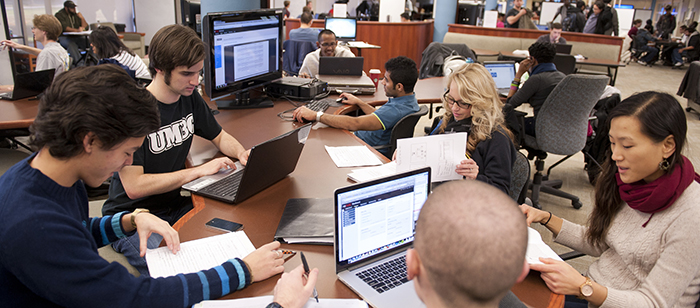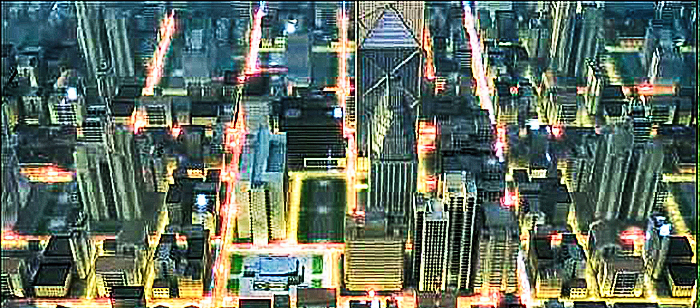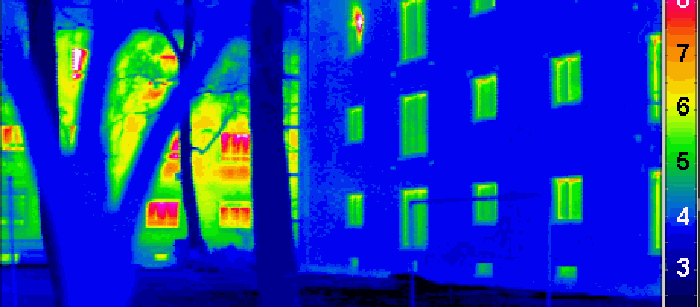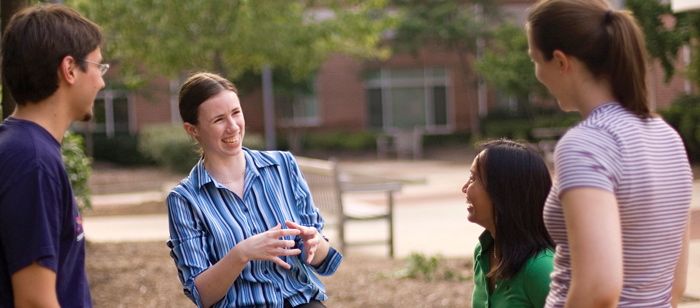
Computer Science Lecturer Positions
University of Maryland, Baltimore County
Department of Computer Science and Electrical Engineering
The Department of Computer Science and Electrical Engineering (CSEE) at the University of Maryland, Baltimore County (UMBC) invites applications for up to three non-tenure track lecturer in computer science positions to begin in Spring 2016 (January 2016) or Fall 2016 (August 2016). Primary duties will include teaching computer science courses at the undergraduate level. Candidates with interest and experience in all areas of computer science will be considered. Applicants must have an MS or a PhD in computer science or a closely-related field. Ideal candidates will have evidence of strong teaching and administrative skills. Experience in academia, industry and government will be considered in the evaluation of the candidate.
The CSEE department is energetic, research-oriented and multi-disciplinary with programs in Computer Science, Computer Engineering, Electrical Engineering and Cybersecurity. Our faculty (34 tenure-track, six teaching and 15 research) enjoy collaboration, working across our specializations as well as with colleagues from other STEM, humanities and the arts departments and external partners. We have 1500 undergraduate CS and CE majors and 400 M.S. and Ph.D. students in our CS, CE, EE and Cybersecurity graduate programs. We have awarded 276 PhDs since our establishment in 1986. Our research supported by a growing and diverse portfolio from government and industrial sponsors with over $5M in yearly research expenditures. We work to help new colleagues be successful by providing startup packages, reduced teaching loads and active mentoring.

UMBC is a dynamic public research university integrating teaching, research and service. As an Honors University, the campus offers academically talented students a strong undergraduate liberal arts foundation that prepares them for graduate and professional study, entry into the workforce, and community service and leadership. UMBC emphasizes science, engineering, information technology, human services and public policy at the graduate level. We are dedicated to cultural and ethnic diversity, social responsibility and lifelong learning. The 2015 US News and World Report Best Colleges report placed UMBC fourth in the Most Innovative National Universities category and sixth in Best Undergraduate Teaching, National Universities. The Chronicle of Higher Education named UMBC as a Great College to Work For, a recognition given to only 86 universities. Our strategic location in the Baltimore-Washington corridor puts us close to many important federal laboratories and agencies and high-tech companies, facilitating interactions, collaboration, and opportunities for sabbaticals and visiting appointments.
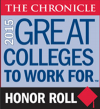
UMBC’s campus is located on 500 acres just off I-95 between Baltimore and Washington DC, and less than 10 minutes from the BWI airport and Amtrak station. The campus includes the bwtech@UMBC research and technology park, which has special programs for startups focused on cybersecurity, clean energy, life sciences and training. We are surrounded by one of the greatest concentrations of commercial, cultural and scientific activity in the nation. Located at the head of the Chesapeake Bay, Baltimore has all the advantages of modern, urban living, including professional sports, major art galleries, theaters and a symphony orchestra. The city’s famous Inner Harbor area is an exciting center for entertainment and commerce. The nation’s capital, Washington, DC, is a great tourist attraction with its historical monuments and museums. Just ten minutes from downtown Baltimore and 30 from the D.C. Beltway, UMBC offers easy access to the region’s resources by car or public transportation.
To apply. Submit a cover letter, a brief statement of teaching, academic, industrial or government experience, and complete CV on Interfolio. Only applications submitted via this site will be considered. Applicants should arrange for three letters of reference to be sent via the same website. Applications will be reviewed as they are received. For best consideration, apply by November 15, 2015. Applications will be accepted until the positions are filled.
UMBC is an Equal Opportunity/Affirmative Action Employer and is a recent recipient of a National Science Foundation ADVANCE award to promote hiring and advancement of women in science and engineering. We welcome applications from women, minorities, veterans and individuals with disabilities.
